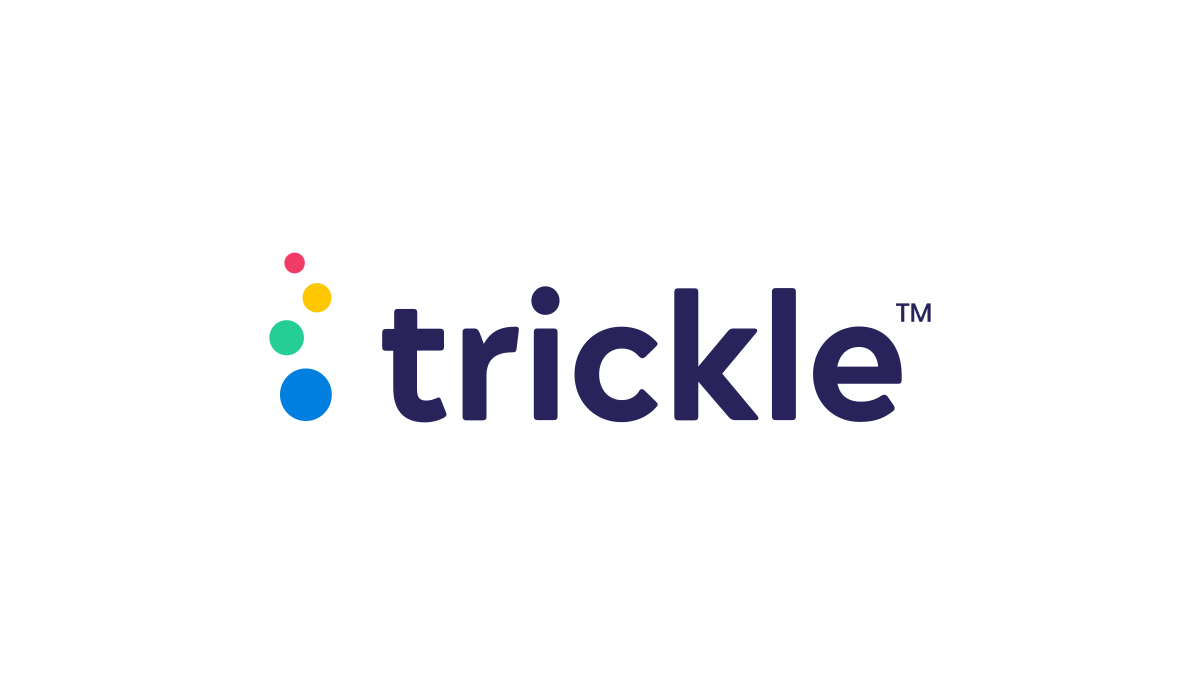- Blog
- July 13, 2021
Employee Trust is Key to Adaptability and Here’s Why

“The glue that holds all relationships together, including the relationship between the leader and the led is trust, and trust is based on integrity.” – Brian Tracy, author of How the Best Leaders Lead.
Trust is everything. Not much would happen without it. Would you get on a train if you didn’t trust that you’d arrive safely at your destination? Would you go to a doctor if you didn’t trust they were capable of making you better? Would you work for a boss if you didn’t trust them to make the right decisions?
Exactly.
Companies must realise that this applies to them too, no matter how large and prestigious they may be. All the business prestige and heritage means nothing if employees don’t trust the business. If you run a company and your employees don’t trust you, they probably won’t be your employees for much longer.
As we’ve seen during the Covid-19 pandemic, business climates can sometimes change drastically and quickly due to circumstances outside of their control. If senior leadership tries to adapt without the trust of their employees, it’s unlikely they’ll succeed. In this article, we will outline how managers can be successful by building trusting relationships.
How Trust Can be Broken Between Employer and Employee
Transparency is a key part of maintaining a trusting relationship between employer and employees.
When we say transparency we are referring to holistic transparency. This means not just sharing the good times, but being completely honest when times are bad or may become worse in the future.
No employee enjoys having bad news sprung on them at short notice, particularly if they find out their bosses knew about it beforehand and didn’t immediately tell them.
For example, let’s say company A has been hit hard by the Covid-19 pandemic, but the senior leadership carries on as if nothing has happened, convincing the staff they’ll be fine and to carry on as normal. In reality, they will have to make harsh cutbacks and some people will lose their jobs.
This will end badly for all involved. This is serious news that should have been communicated immediately. Anger, frustration, and a permanent loss of trust can lead to a downward spiral.
Another example is when a senior leader makes a decision without proper due diligence and the consequences are dire for the employees. This can be hard to forget, let alone forgive. Every decision from then on will be met with skepticism and scrutiny, even if due diligence is carried out.
Strategies to Build Trust and Improve Employee Engagement
So we’ve seen some examples of how employee-employer trust can be broken, now let’s look at some examples of how that bond can be built.
In the Edelman Trust Barometer Spring Update 2021, there were some great insights including:
Lead with facts, and act with empathy – Leading with facts helps people to fully understand a situation in its entirety without any subjective bias. Once established, acting with empathy is effective in ensuring virtually every employee, no matter their background, preference or perspective receives the information in a way that suits them.
Be the source of empowering, trustworthy content – It’s important to avoid any disconnect between what is said internally and what is said externally.
Once employees notice, it won’t be long before the trust is broken internally, as well as externally because current customers and potential customers will be alerted to the misalignment causing damage from both sides and potentially costing the company a lot of money in:
- Hiring new staff to replace the ones that left due to the lack of trust
- Promotional campaigns specifically designed to repair their reputational damage
- Lost revenue as customers have abandoned them
Don’t go it alone – No company, no matter how large, does everything, or can do everything. If a company is struggling with a particular part of its operations, it should seek external help, whether that involves hiring a tech partner to improve their IT, a wellness coach to improve well-being, or an ergonomics consultant to ensure employees aren’t damaging their bodies at work.
Adaptation is Easier When Employees Trust Their Company
Introducing something new into the workplace can be a difficult task. There is often uncertainty surrounding the new policy or workflow or culture shift — employees don’t know what’s going to happen and they have no track record to compare it to, at least not within the current company they’re working for.
This can lead to resistance, as some people aren’t good with change and resistance can slow down progress.
A way around this problem is building a culture of trust within the company by being open, transparent, and empathetic. Employees may not trust the new policies, but they trust that their bosses are making the right decision because that is the status quo. If they’ve seen their bosses tackle difficult conversations head-on, employees will trust them through the good times and bad.
When it’s time to enact radical change (for the better of course) all those uncertainties can be calmed by the notion of “I’m not sure about this, but I trust our boss so I’ll go along with it.”
How Trickle Helps Companies to Build Trust with Their Employees
Our platform enables companies to:
- Get real-time insights into the sentiment of their teams
- Empower employees to monitor and improve their wellbeing
- Recognise employees and celebrate team wins
- Enable employees to rank what is most important to them in a workplace setting
- Make timely evidence-based decisions that generate measurable results, and improve things for everyone
- Validate their actions and ensure focus is directed towards the issues that matter most.
Click the link below to book a demo today.